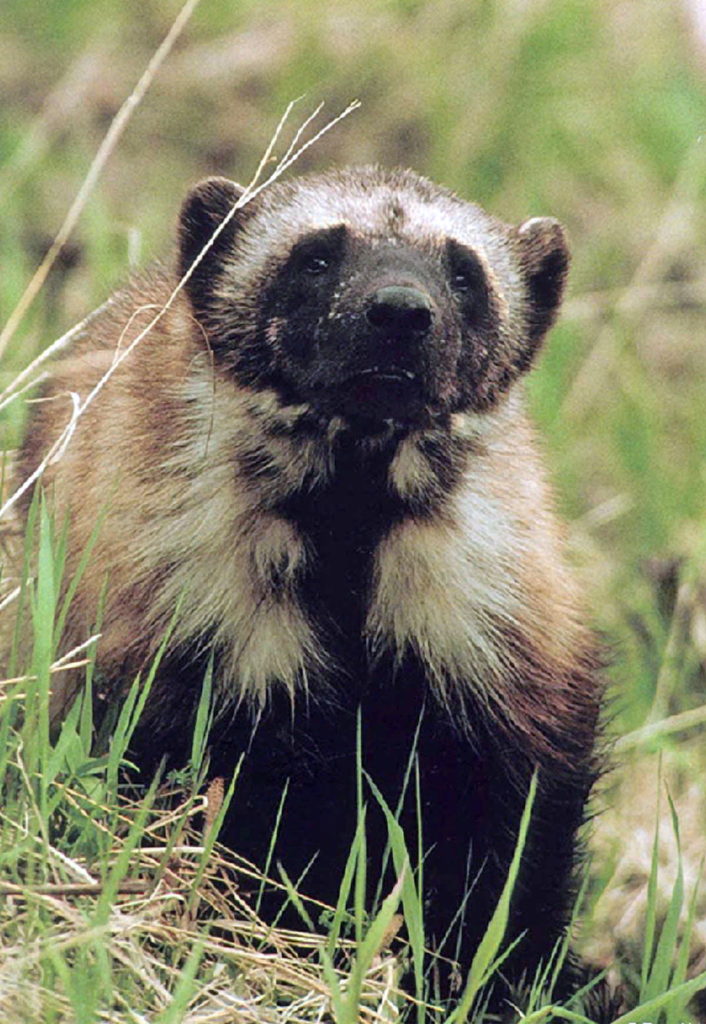CENTRALIA — A second litter of wolverine offspring has been born in the Mount Rainier National Park, park officials and the Cascades Carnivore Project confirmed on Tuesday.
The litter marks the third wolverine family documented in Washington’s South Cascades in a century and the second family documented in Mount Rainier National Park.
Researchers retrieved photographs and video from cameras set in a remote area of the park where they believed a female wolverine made her den in 2020. They discovered the wolverine with her two kits while visiting the area June 2021.
“It’s great news to learn that we have our second documented wolverine litter in the park,” said Mount Rainier National Park Superintendent Greg Dudgeon. “It helps us confirm that the park’s wilderness is excellent habitat for wolverines and that protection of these wild areas is important to the success of many species of wildlife.”



